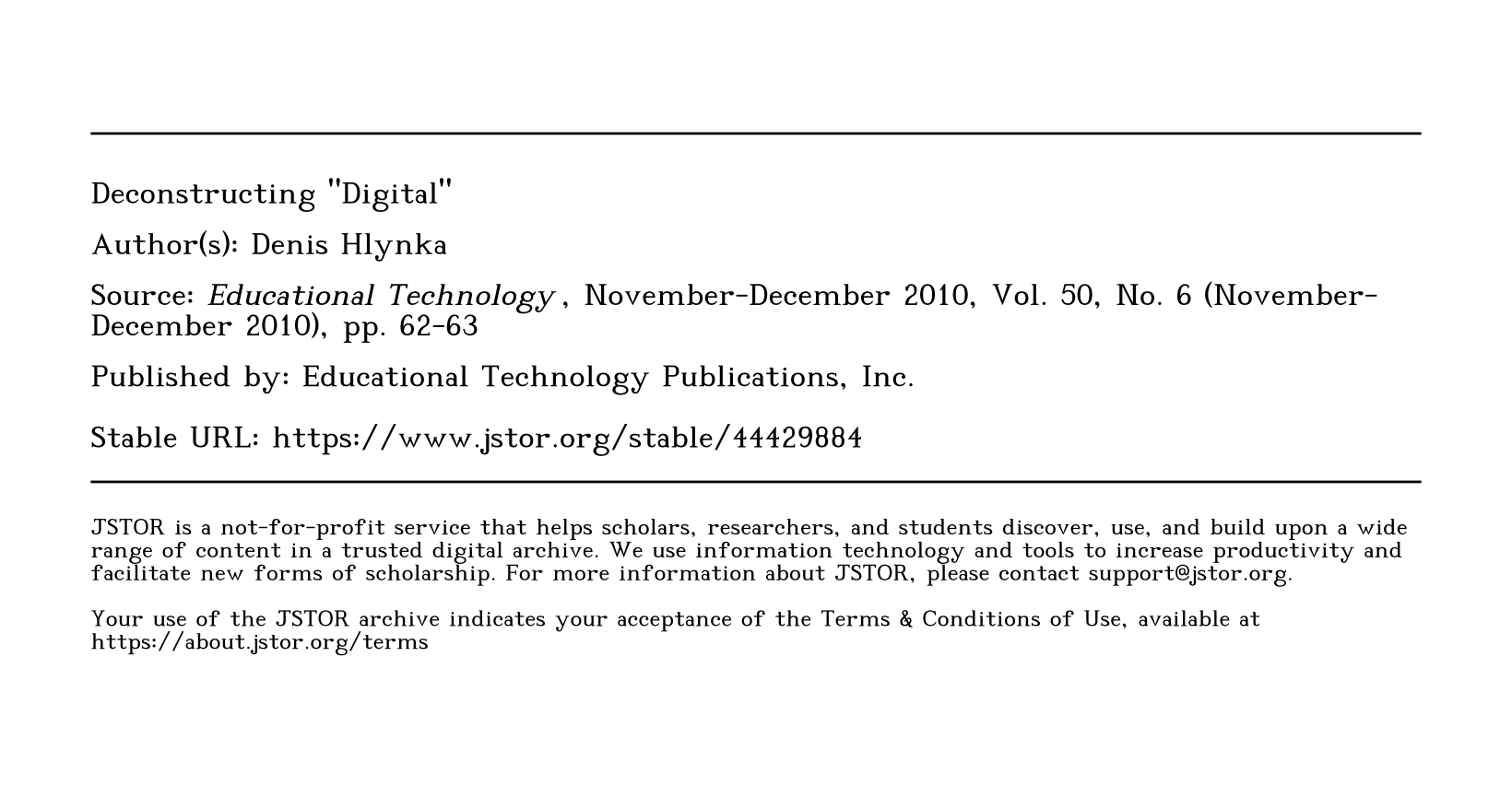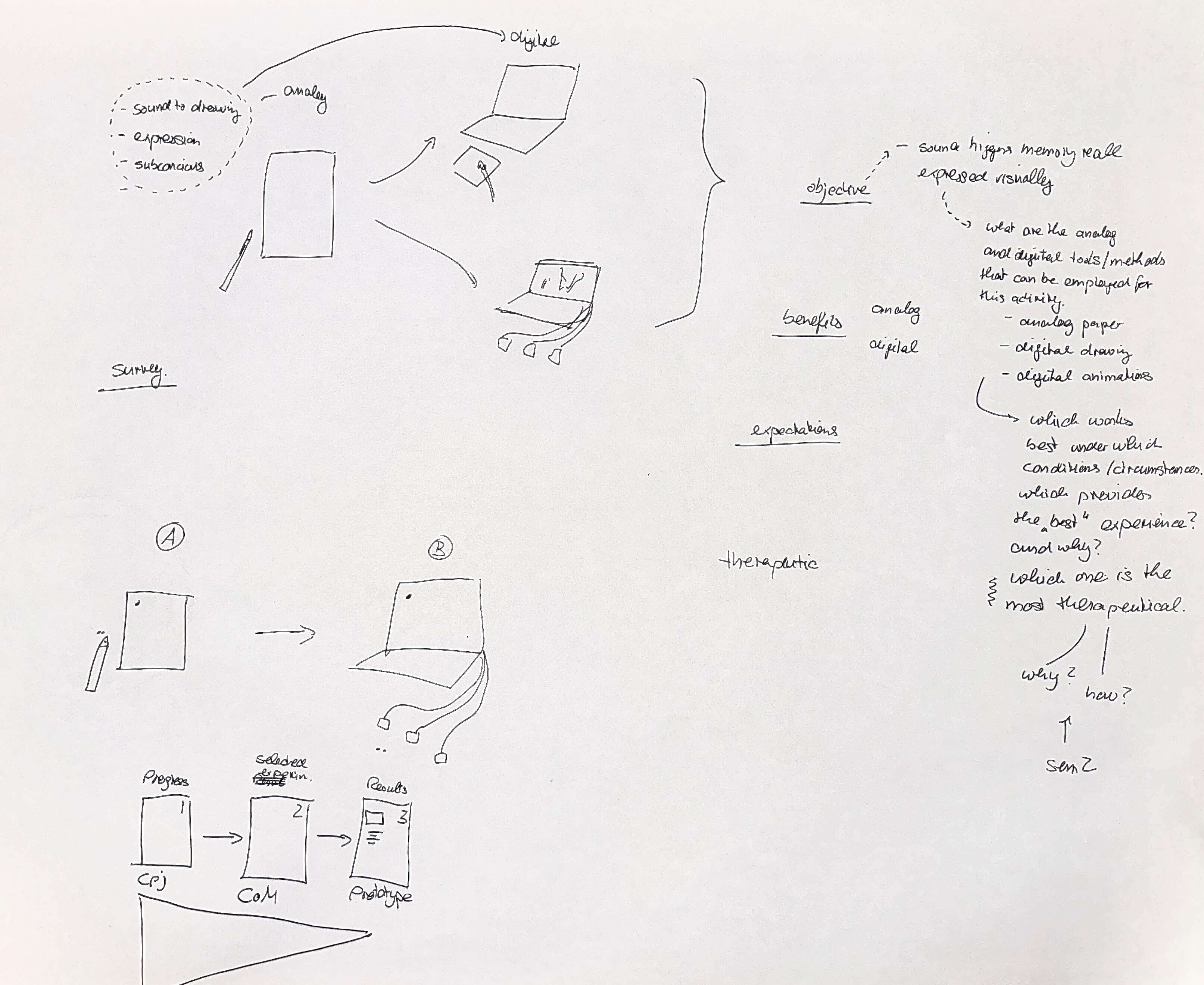ོ࿐˖✶⊹₊𖦹 W.13 FIGURING OUT TECHNICAL ERRORS WITH ANDREAS 𖦹₊⊹✶ ࣪˖࿐ོ
GEMINI API
Andreas suggested using Gemini Api with p5.js.
This code provides an interactive drawing experience that links visual input (the drawing) with auditory feedback based on sentiment, creating a multisensory link between visuals and sounds.
"Sentiment Analysis Based on Drawings, Mood-Based Soundscapes, and Interaction with Memory and Emotion."
✲ Drawing with a Mouse
- ꕀ To draw on the canvas by dragging the mouse, creating a freeform visual expression. The canvas is black initially, and the drawing appears in white lines.
- ꕀ When the user clicks the "Improv!" button or presses the space bar, the drawn visual is sent to the Gemini API. Here, the API provides a text-based "interpretation" or response to the visual.
- ꕀ Keywords in the API’s response (e.g., "happy," "sad," "calm"), triggers a corresponding ambient hum sound with a frequency tailored to the mood.
- ꕀ Engaging Interface - (create a theme for a more engaging experience where participants can draw their memories or emotions as shapes while software responds by playing relevant sounds)
- ꕀ The Gemini API response is displayed on the canvas, adding a layer of interaction, showing the sentiment or mood description with a background sound, making it an audio-visual experience.
✲ Sound Feedbacks based on Interpretation
✲ Interactive Experience
✲ Real-Time Text Response and Display
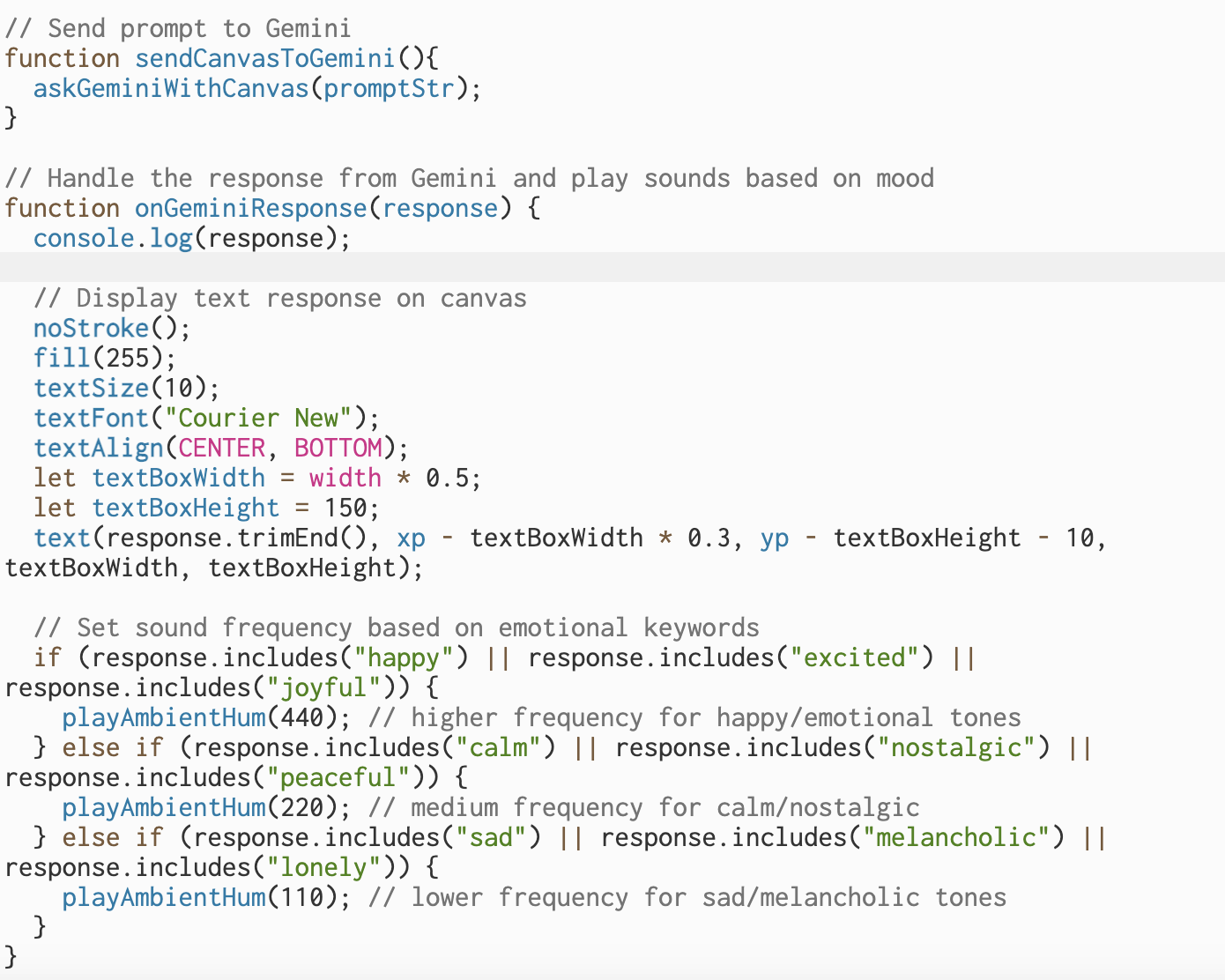
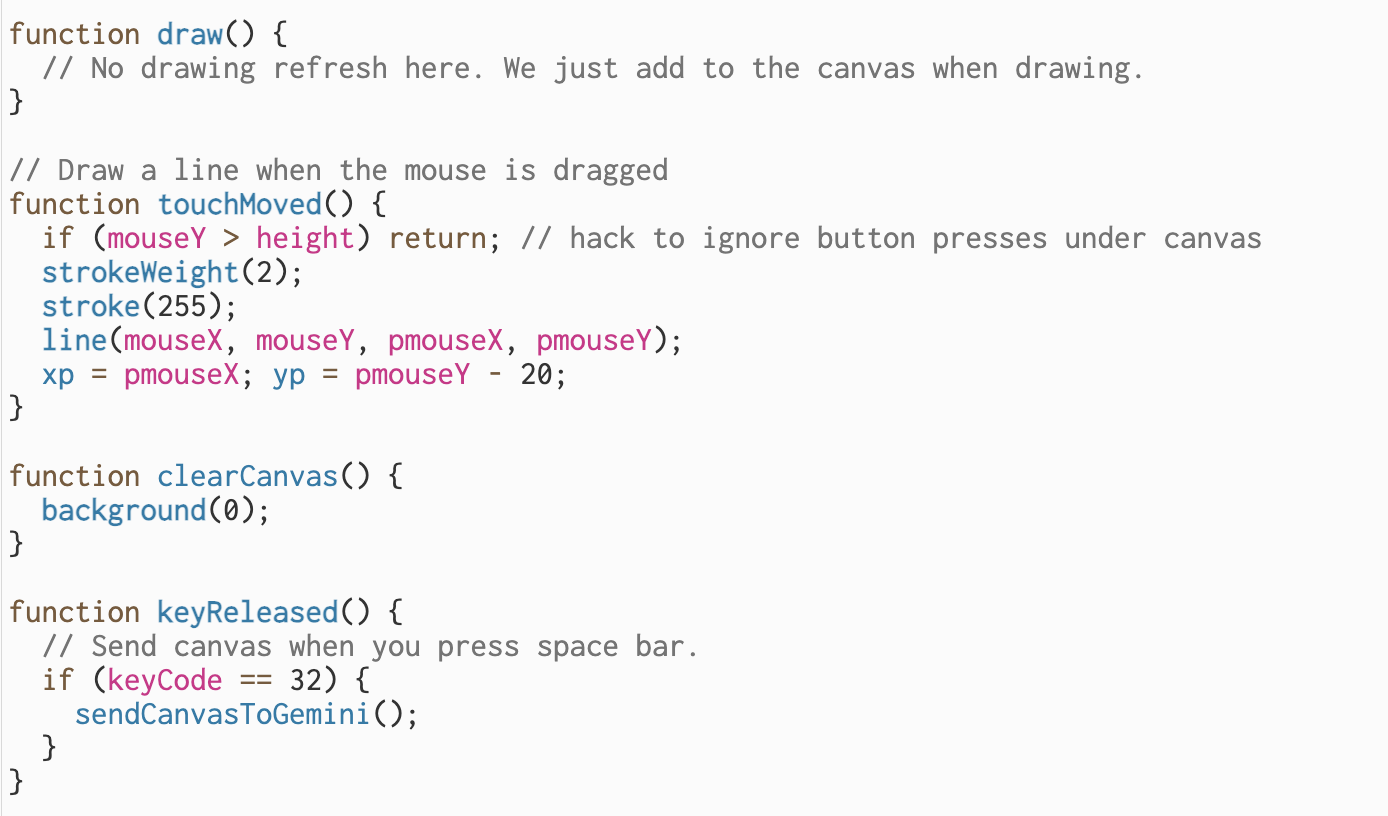
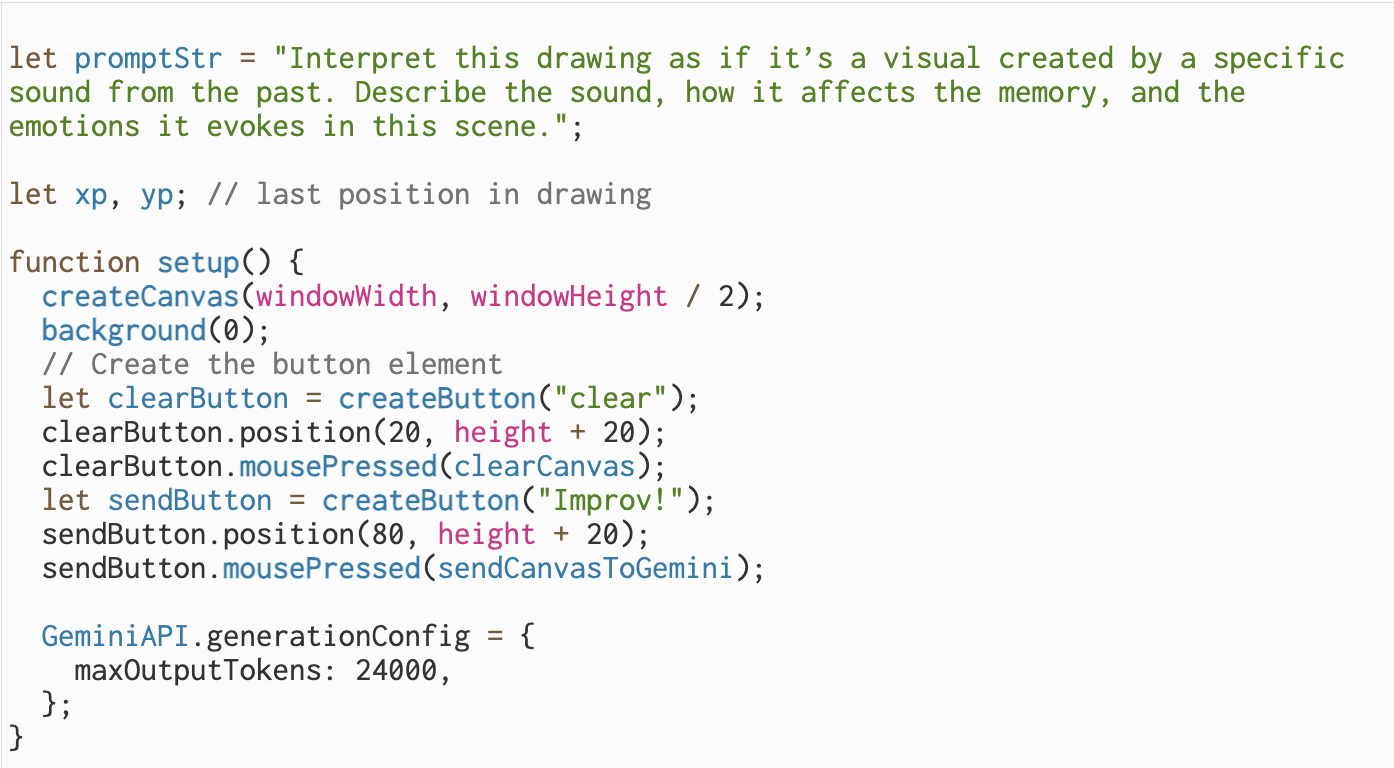

TESTING AND TWEAKING THE CODE
slightly changing the prompts generates different text readings
doing this multiple times until I get my desired outcome
also added a code to generate a random frequency - low, medium or high, to enhance the whole audio-visual experience
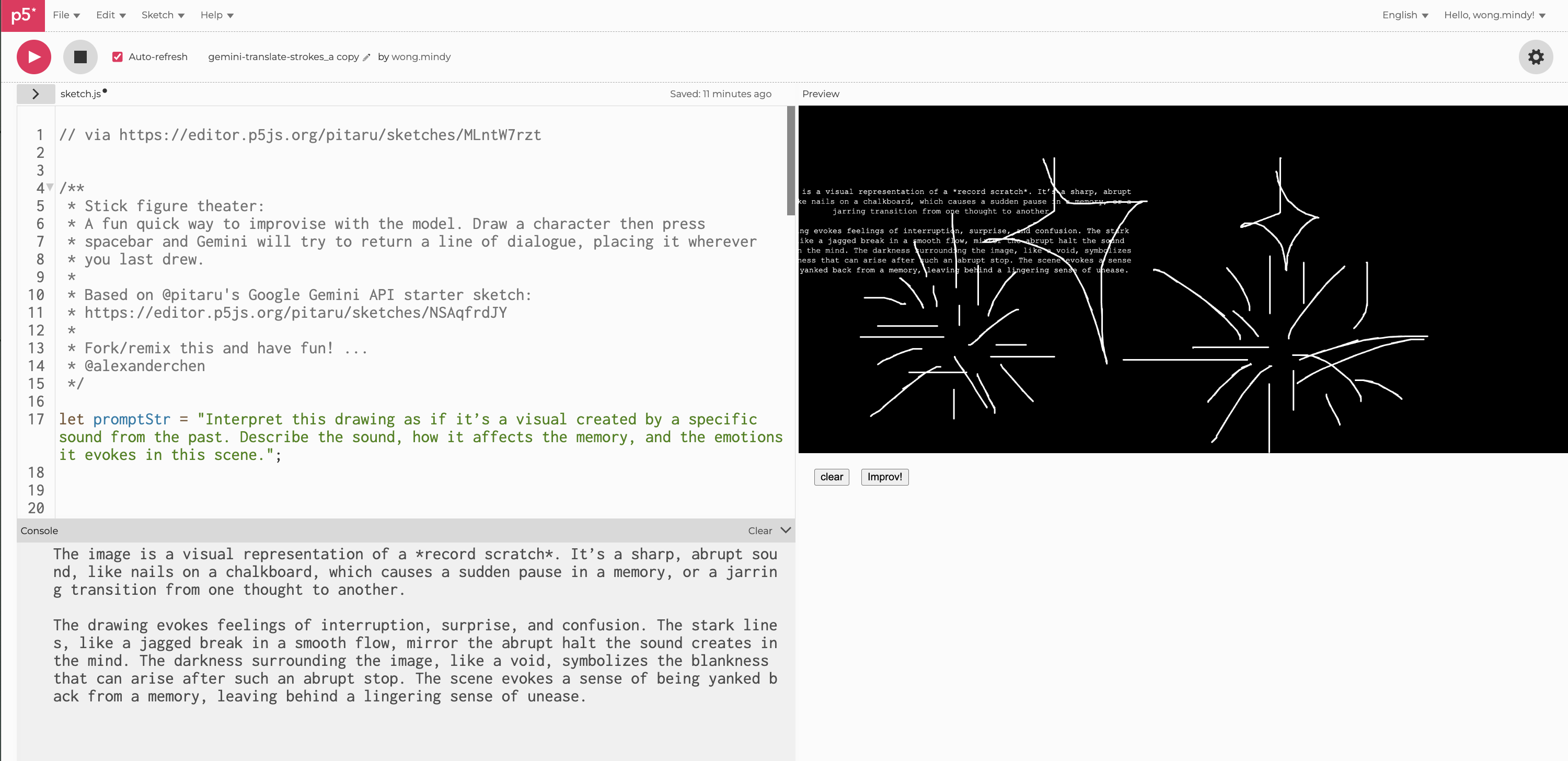
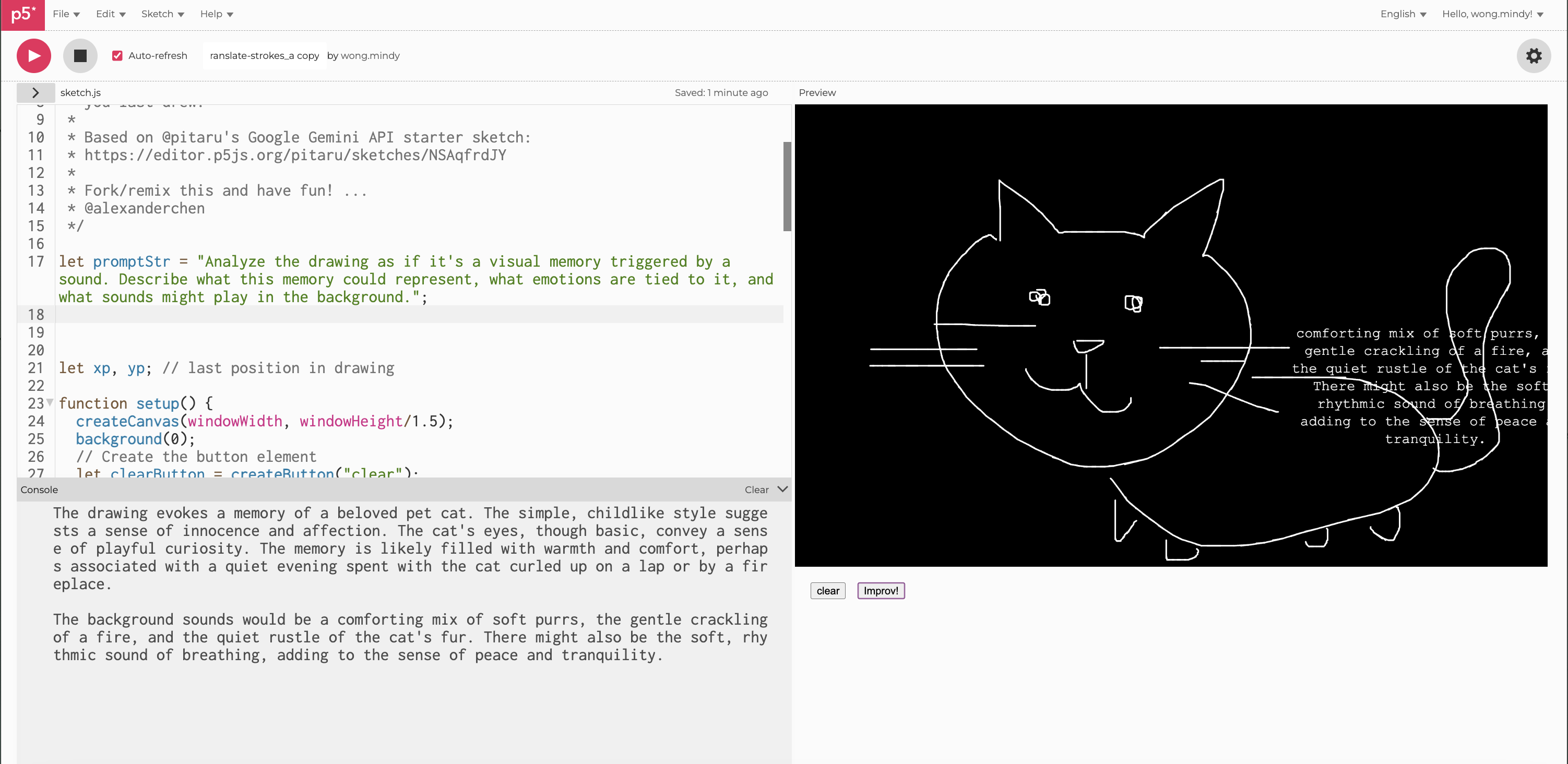
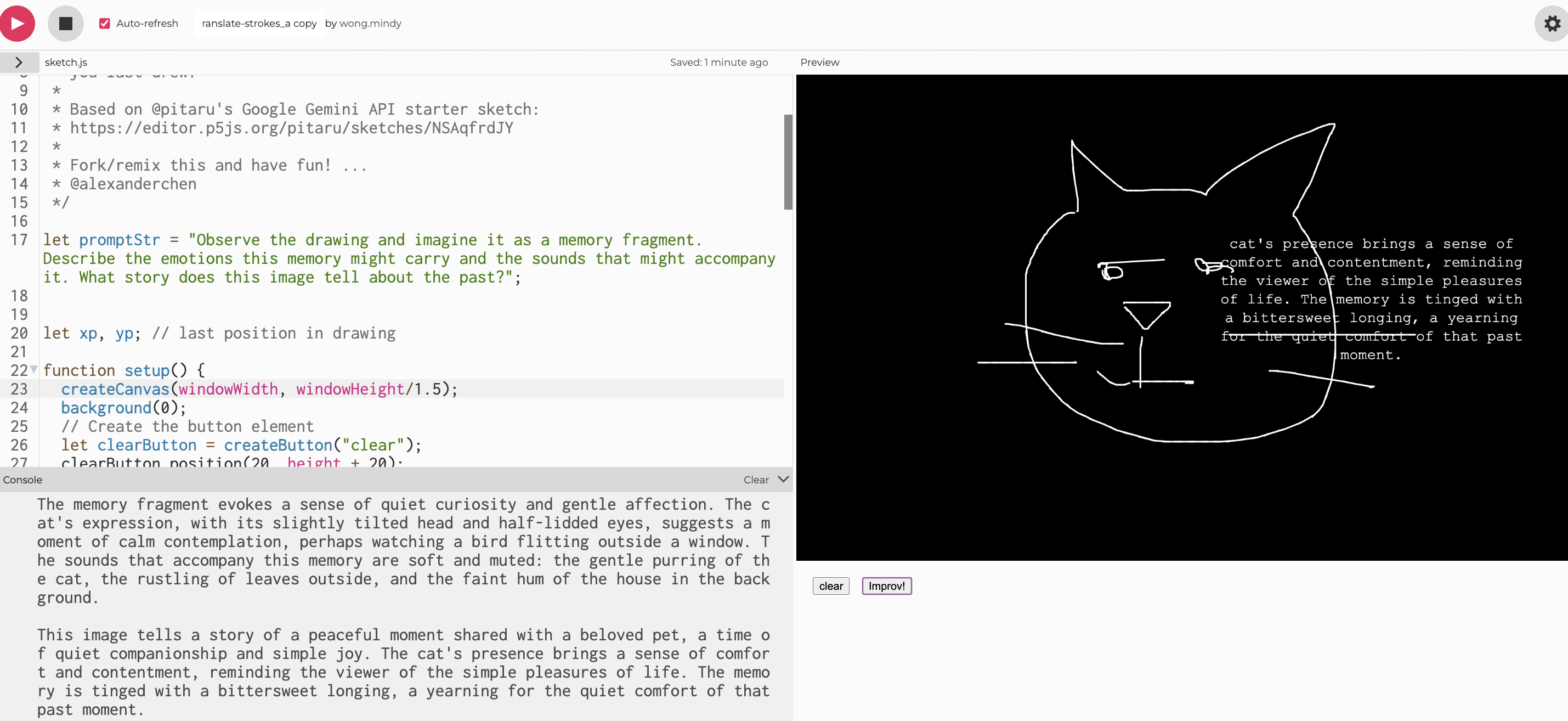
Another cat drawing with a different prompt 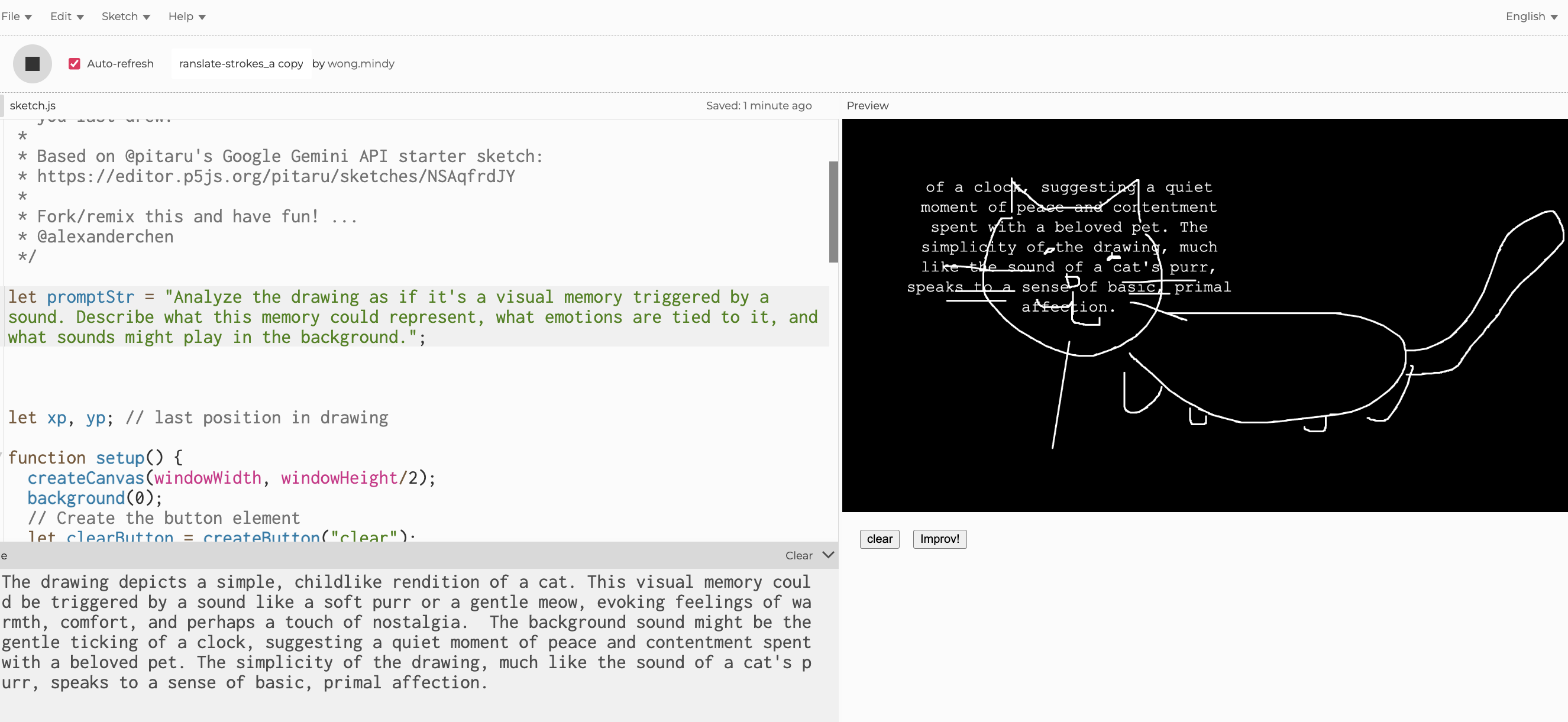
Yet another drawing of a cat with another prompt
ANDREAS GUIDANCE
Andreas helped to make sense of my project by asking me to think of the objective, benefits and expectations I want in my prototypes to ensure that they are more relevant to my dissertation and artist statement.
✲ The Objective
- ꕀ Using sound as a tool to trigger memories that can be expressed visually instead of traditional memory recall methods like photographs
- A: Analog Pen and Paper
- B: Digital Drawing
- C: Digital Animation
✲ The Benefits
ꕀ Compare which tool(s) or method(s) works best under which conditions
MAKING OF THE MOVEMENT BUTTONS
Painting the buttons with electric paint for it to be conductive and connecting them to the touchboard, at the same connecting the touchbaord to p5.js.
After running the code, each buttons should produce a different animation on the screen after interacted.
As the bare conductive touchboard is limited to only 12 electronodes, I decided to make full use of them and experimented with 12 different motions to animate an eclipse.
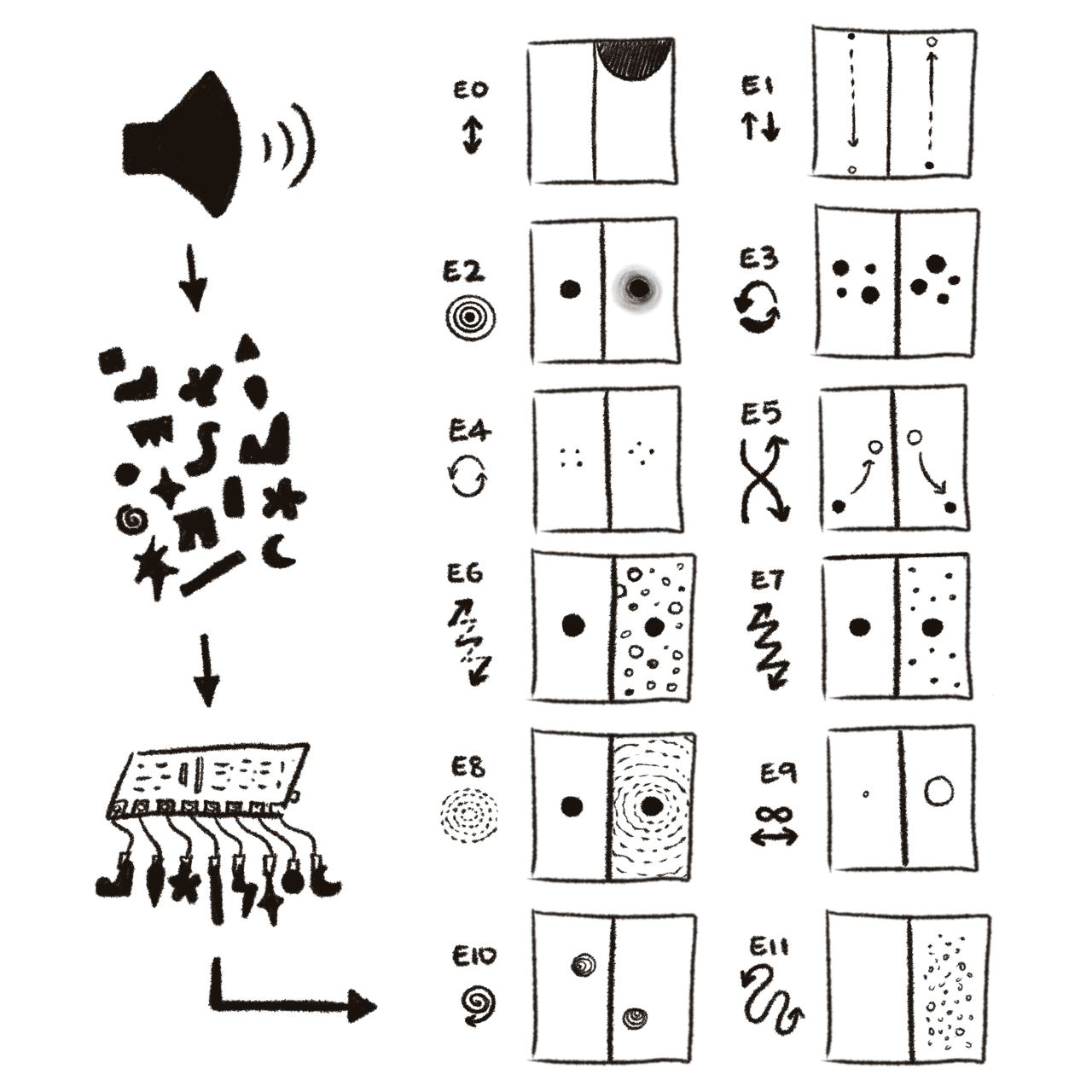
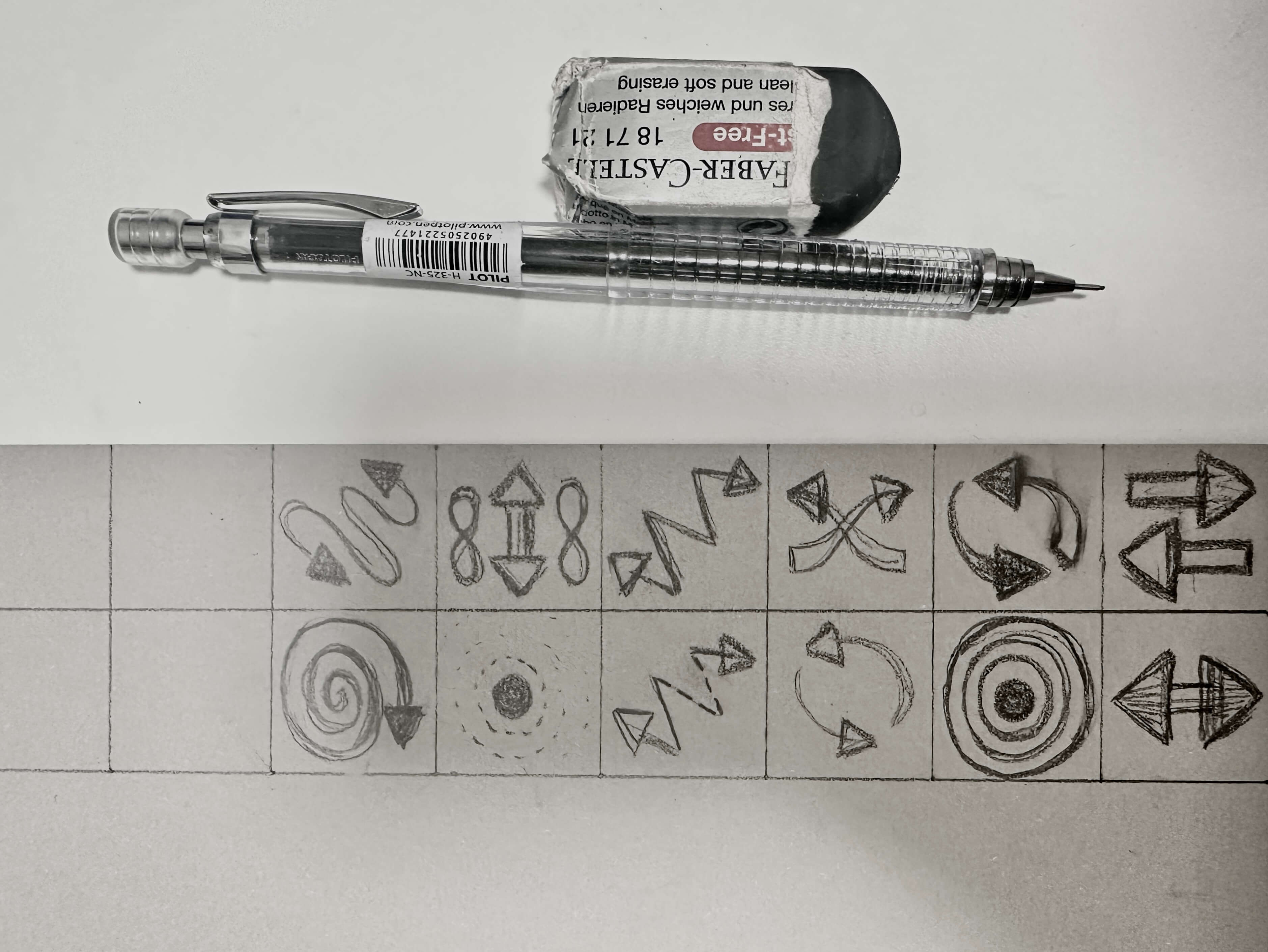
Buttons Sketch 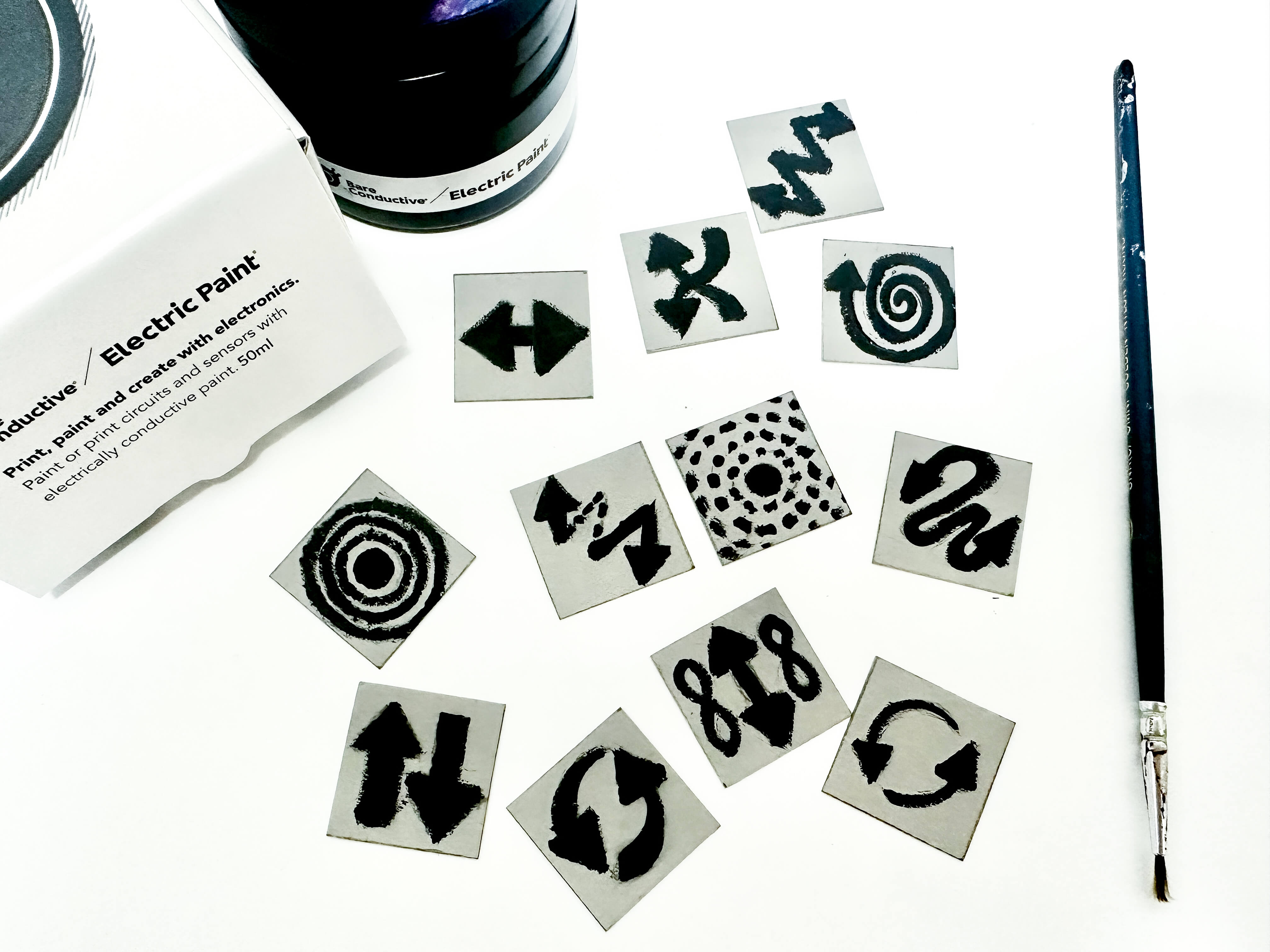
Buttons painted with electric paint
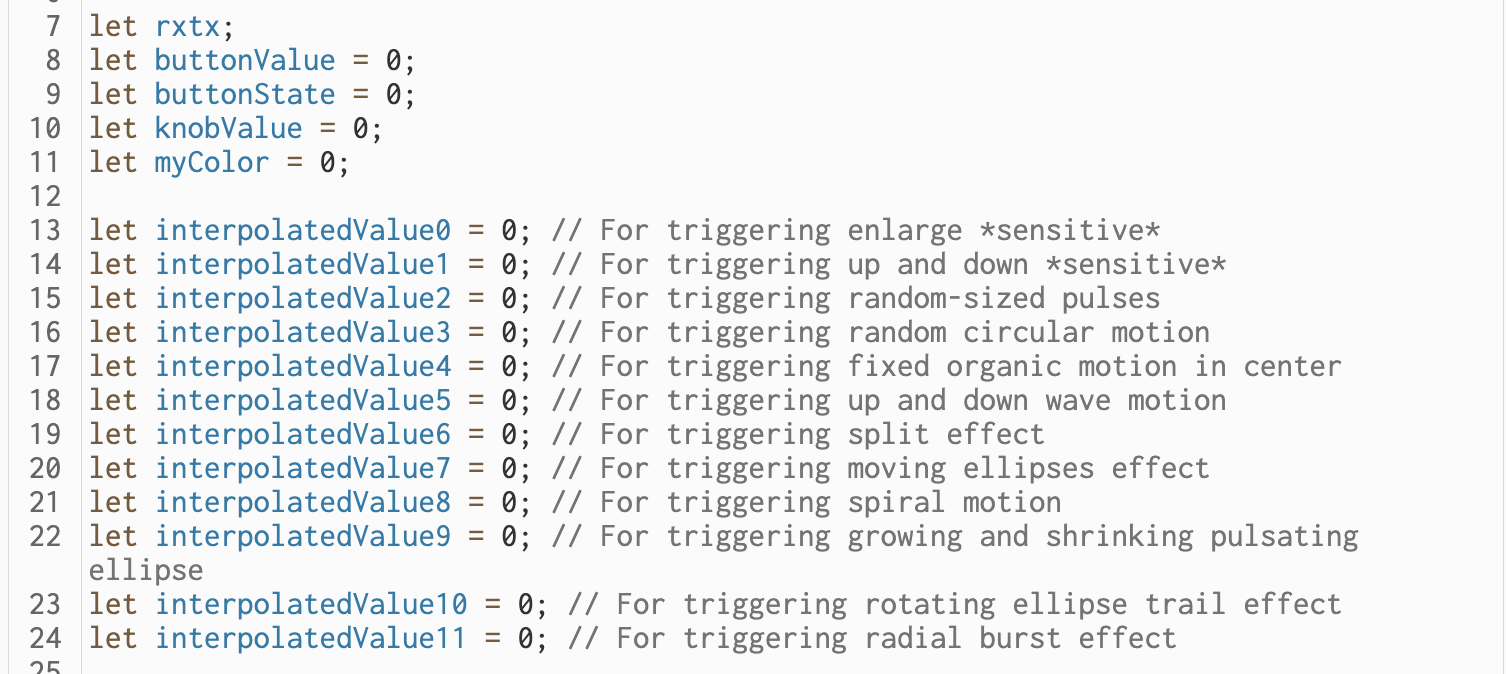
12 different movements coded in p5.js 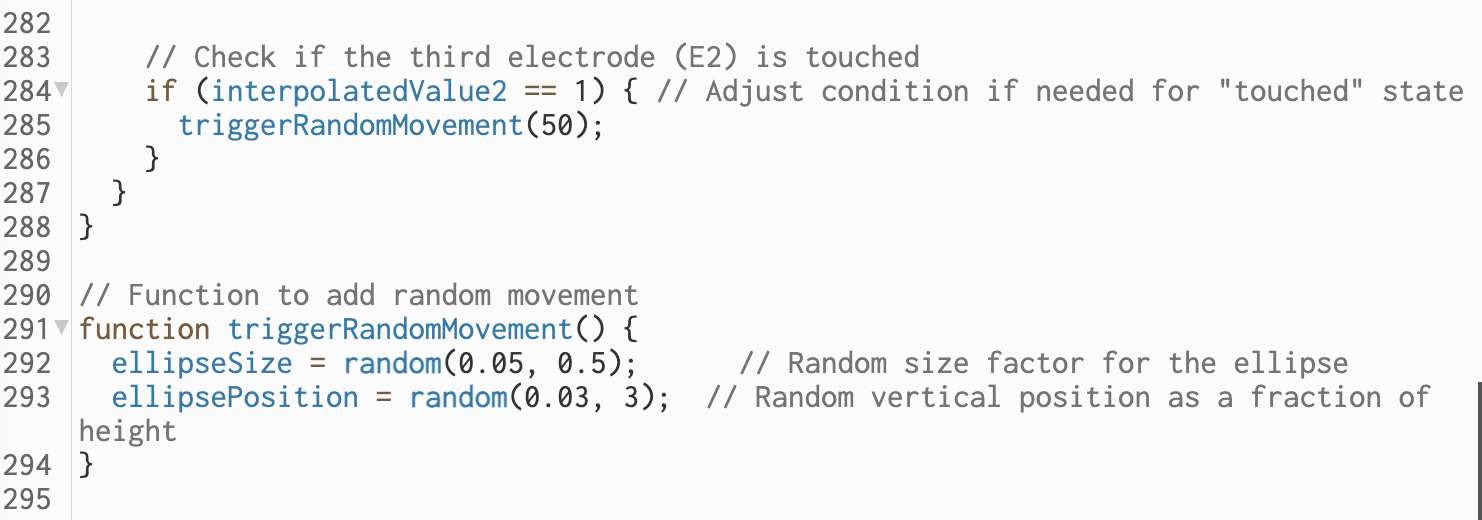
Ellipse-1-Enlarge
Ellipse-2-Top to Bottom
(Both already existed in the original code)
Ellipse-3-Random-Sized-Pulse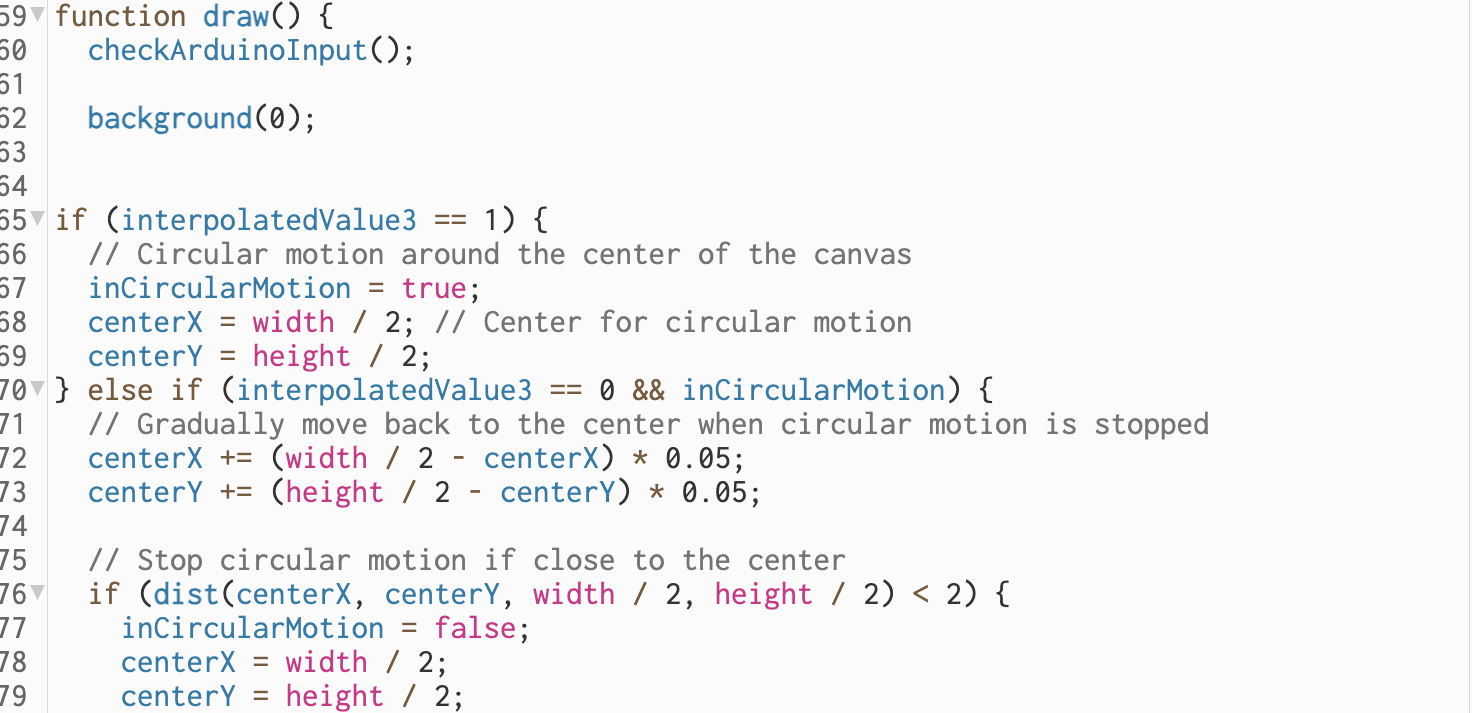
Ellipse-4-Circular
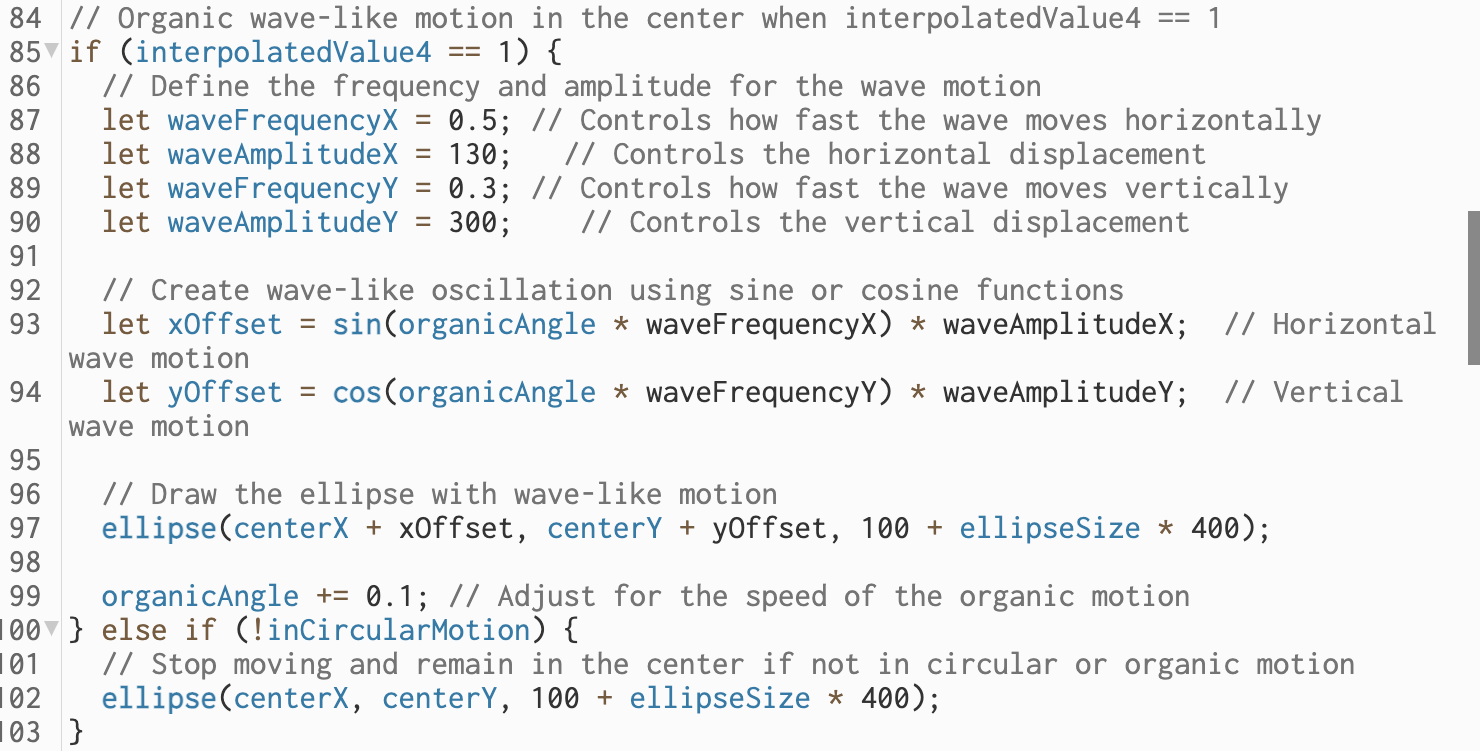
Ellipse-5-Organic Motion 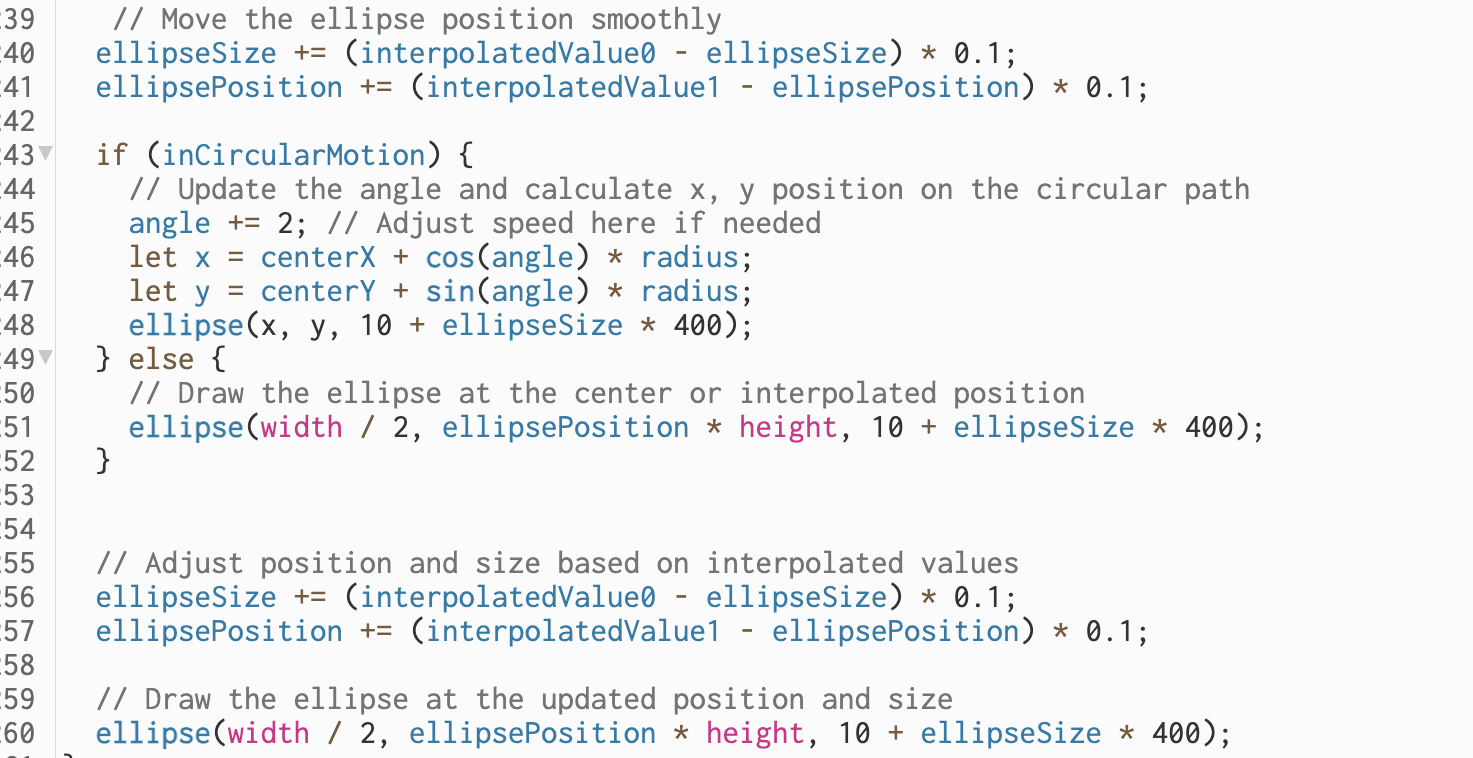
Ellipse-6-Wave 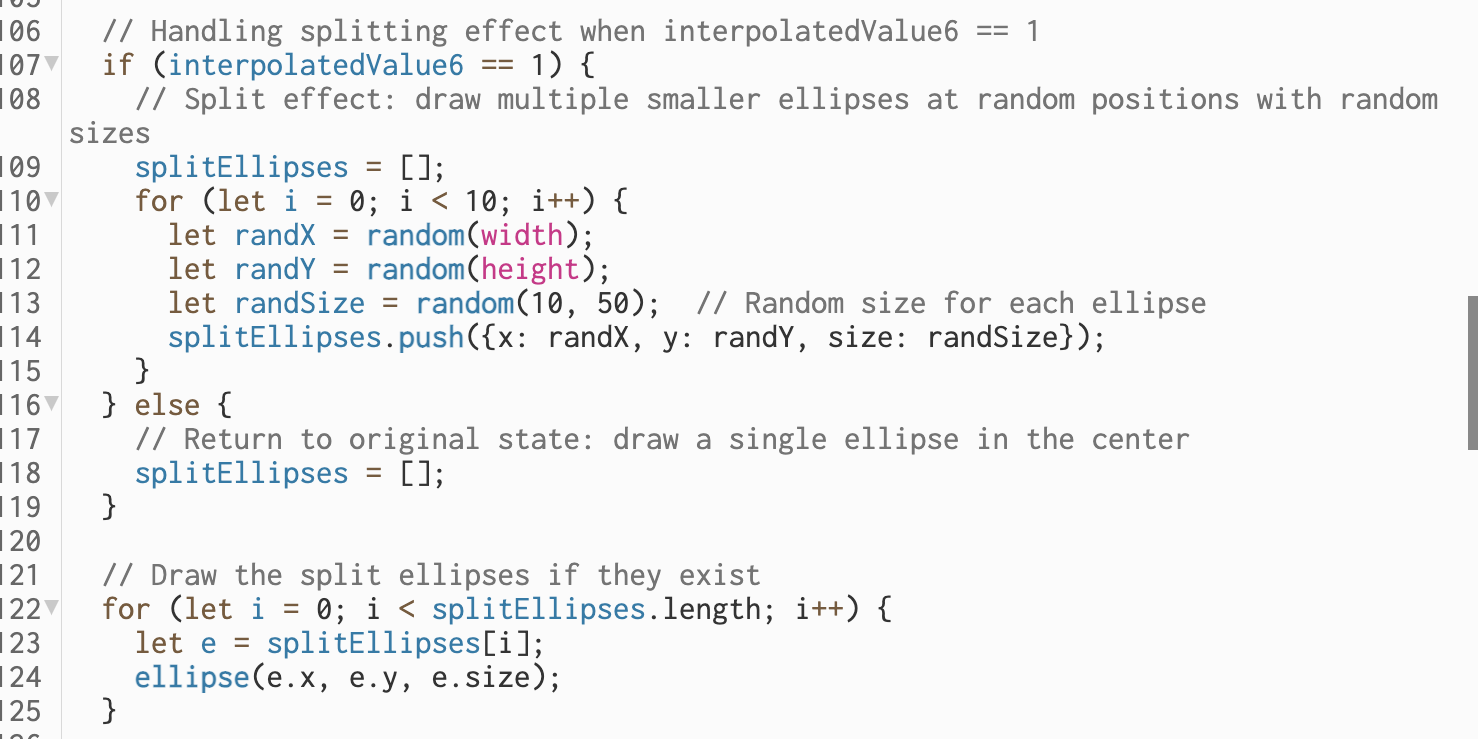
Ellipse-7-Triggering-Split
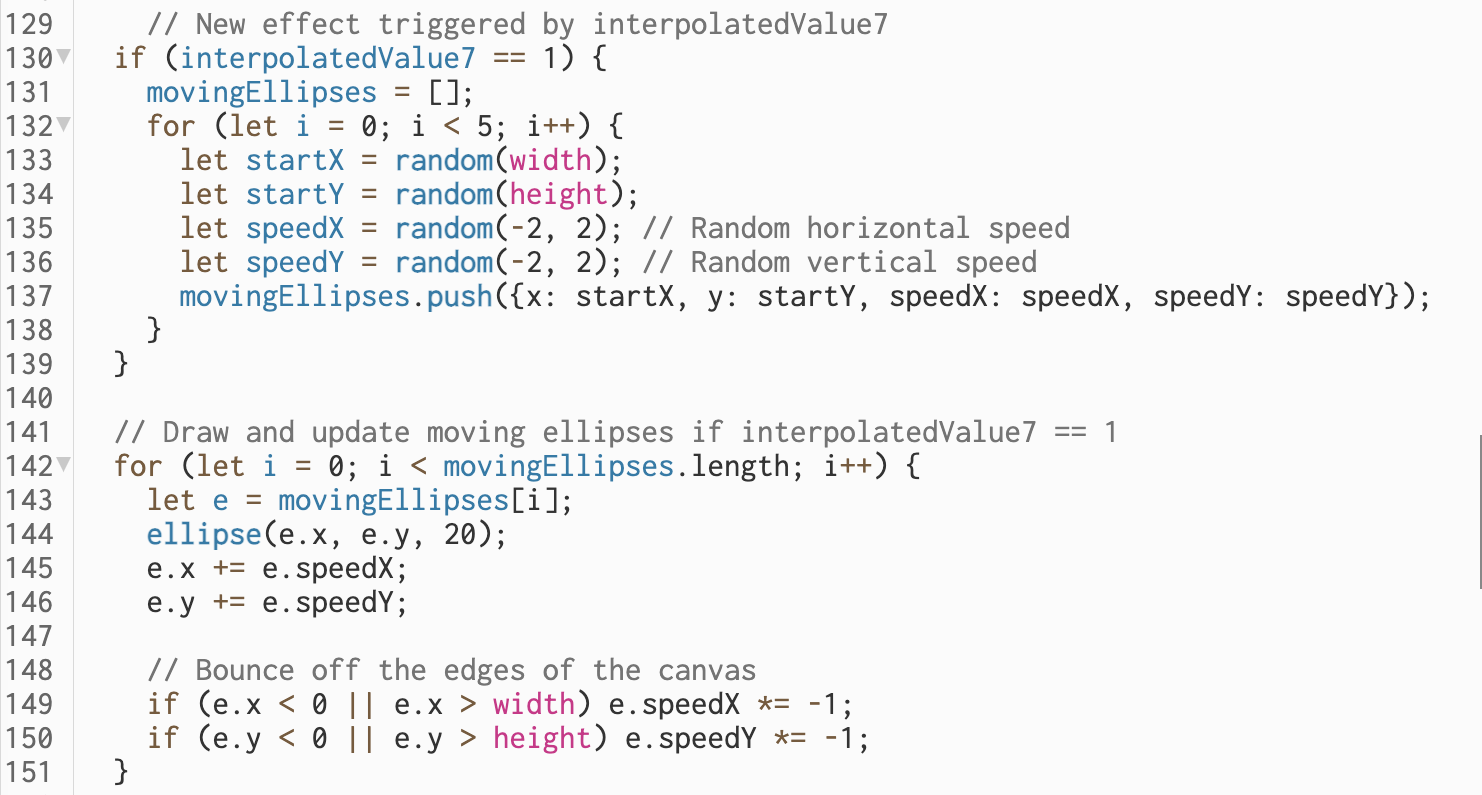
Ellipse-8-Moving 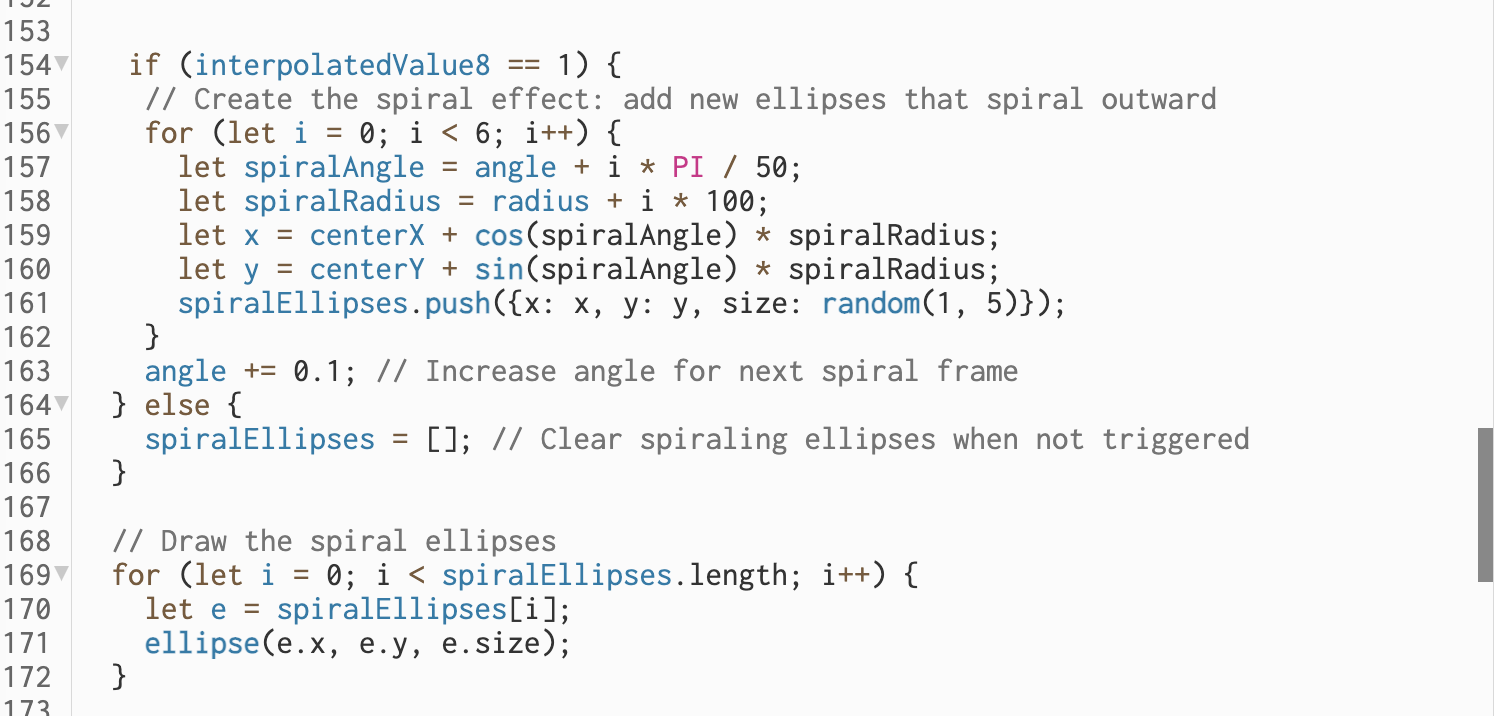
Ellipse-9-Spiral 
Ellipse-10-Pulsating
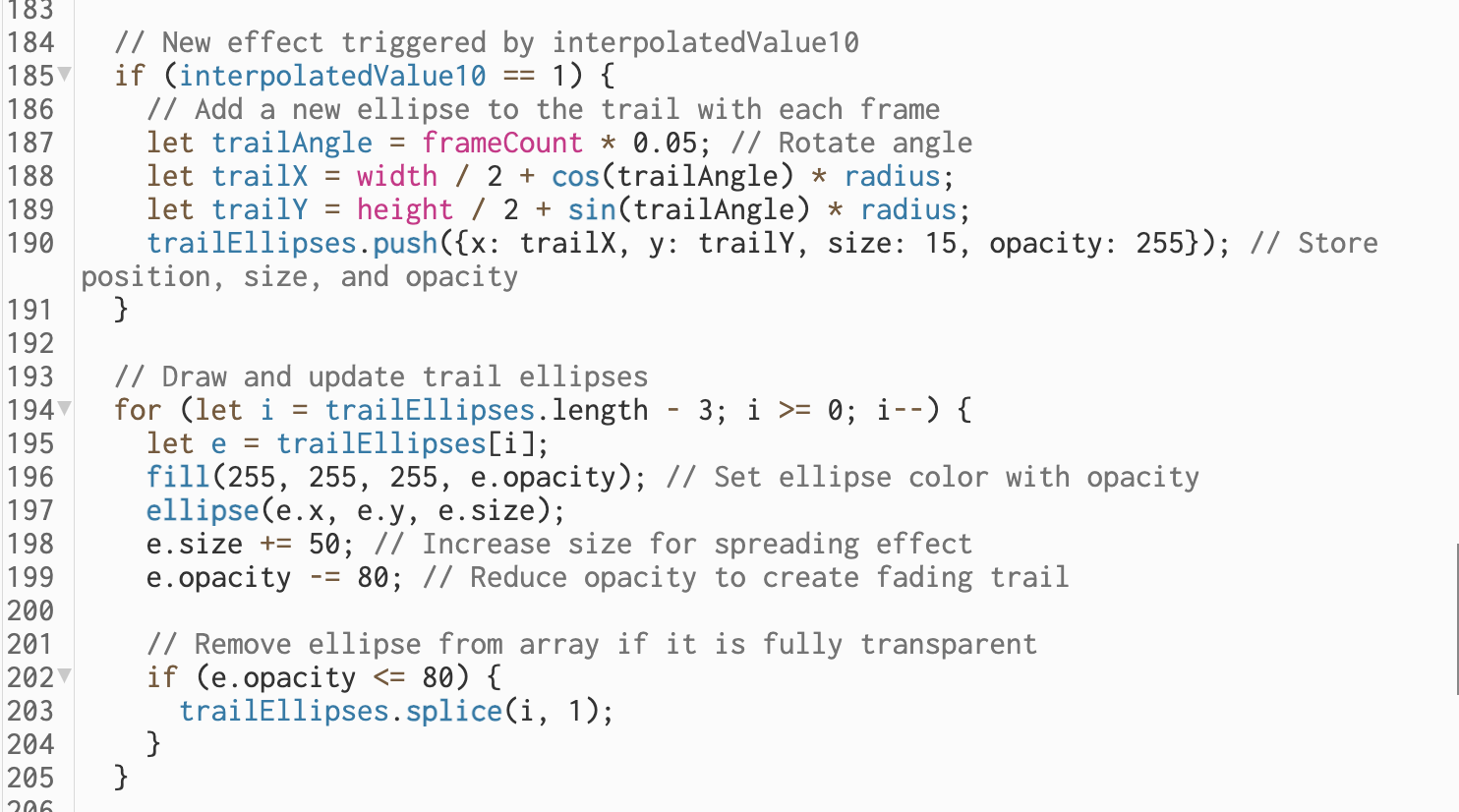
Ellipse-11-Rotating Trail 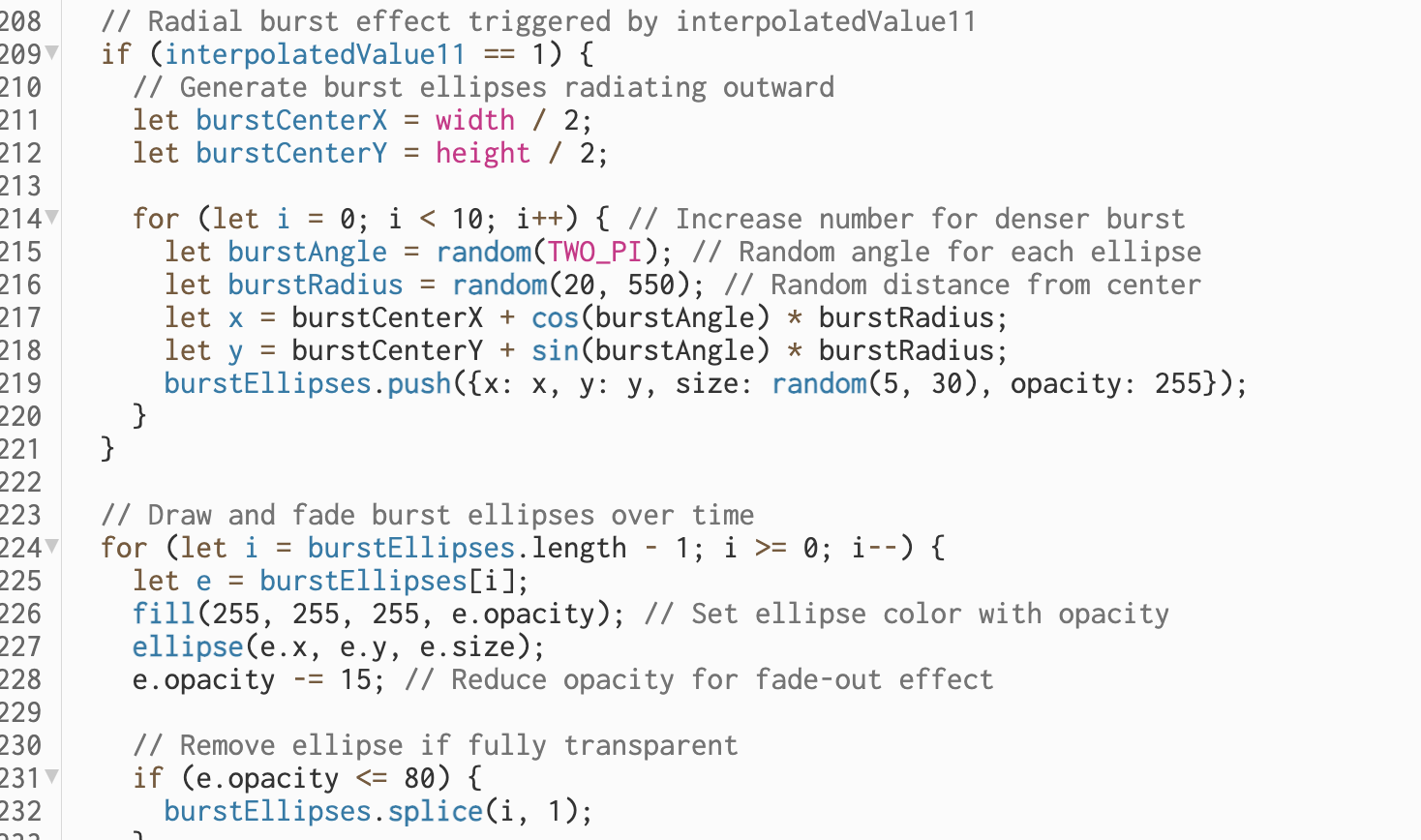
Ellipse-12-Radial Burst 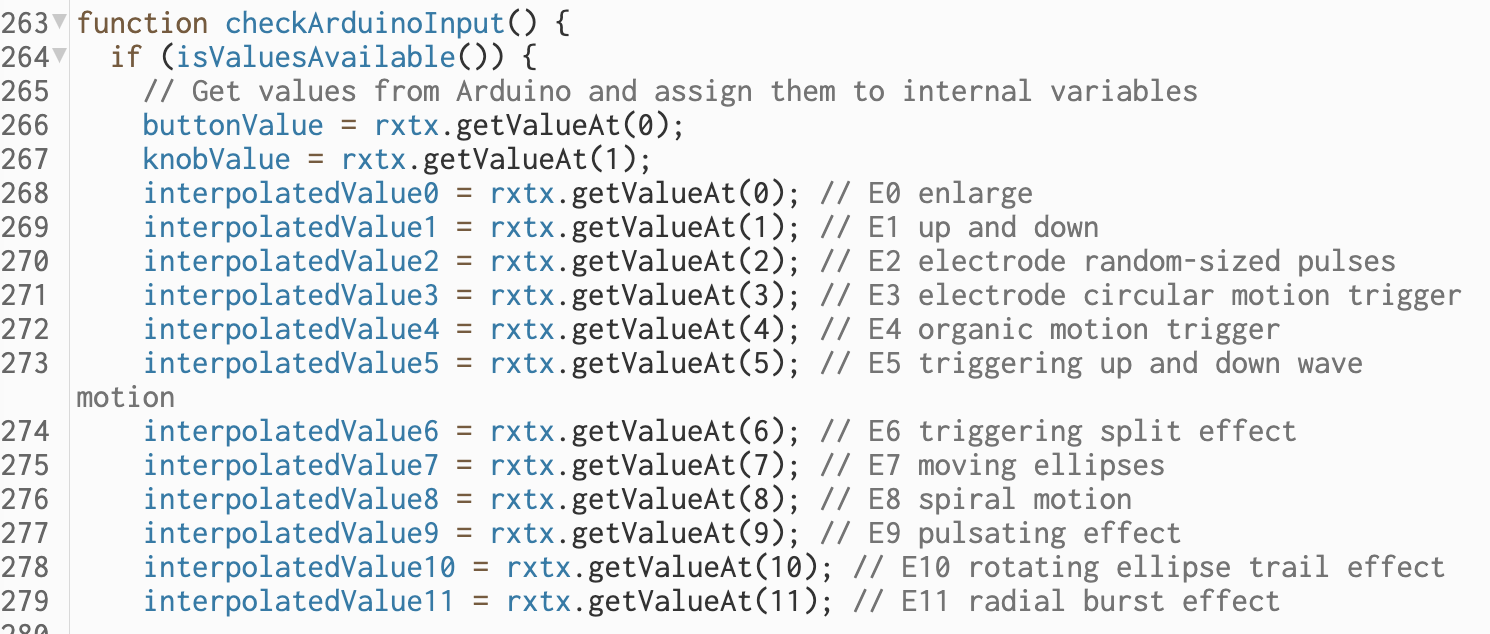
A summary of 12 ellipses
E0 --- Enlarge E1 --- Top to Bottom E2 --- Random-Sized-Pulses
E3 --- Circular E4 --- Organic Motion E5 --- Wave
E6 --- Triggering Split E7 --- Moving E8 --- Spiral
E9 --- Pulsating E10 --- Rotating Trail E11 --- Radial Burst
E0 --- E1 --- E3 E5 --- E8 --- E10 E9 --- E10 --- E11
Moving Forward to Week 14
Configuring errors and refining final codes before preparing for Prototype A user testings.
Prepare Prototype B for user testing as well.
Readings and Writings
Experimenting & Making
Reflection on Making in Dissertation
